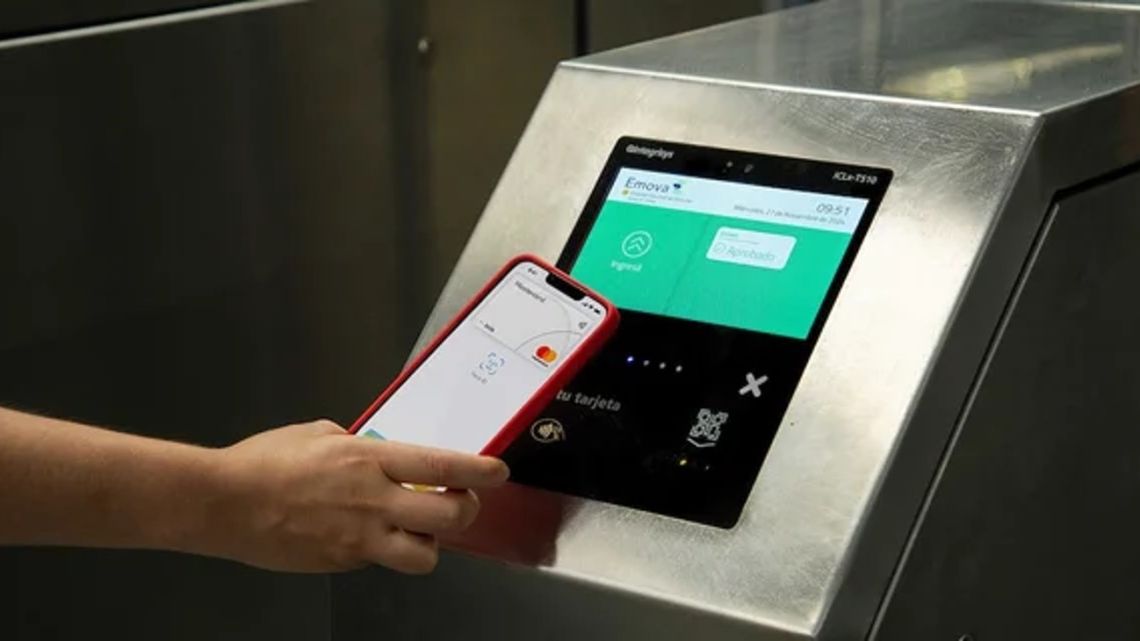Brazil’s infrastructure landscape is poised for a significant transformation. The private sector is set to inject R$372.3 billion ($64 billion) into infrastructure projects from 2025 to 2029.
This figure marks a substantial 63.4% increase from last year’s forecast for the 2024-2028 period. The Brazilian Association of Infrastructure and Basic Industries (Abdib) released these promising numbers.
They reflect the growing trend of private concessions in the country. The estimate includes both contracted investments and those nearing finalization. Key sectors benefiting from this influx include transportation, logistics, sanitation, and social infrastructure.
The calculation considers concessions auctioned after 2020 and projects with published notices. It focuses on the projected spending for the next five years, not entire contract values.
In addition, several major projects contribute to this impressive figure. Upcoming highway auctions and four concessions from Rio de Janeiro’s water utility, Cedae, are part of the mix.
 Brazil’s $64 Billion Infrastructure Boost: Private Sector Takes the Lead. (Photo Internet reproduction)
Brazil’s $64 Billion Infrastructure Boost: Private Sector Takes the Lead. (Photo Internet reproduction)The privatization of São Paulo’s water company, Sabesp, added a whopping R$66 billion ($11 billion) to the total. Even without Sabesp’s contribution, private investments would reach R$305.9 billion ($53 billion) by 2029.
Brazil’s Infrastructure Boom
This still represents a 34.3% increase from the 2023 estimate. The trend shows no signs of slowing down. Abdib’s research identified 495 potential initiatives, with a combined investment value of R$750.5 billion ($129 billion).
Highways lead the pack with R$288.6 billion ($50 billion) in projected works. Railways follow at R$168.9 billion ($29 billion), urban mobility at R$115.6 billion ($20 billion), and sanitation at R$112 billion ($19 billion).
This surge in private investment signals a shift towards a more efficient, market-driven approach to infrastructure development. It demonstrates the potential for private enterprise to drive economic growth and improve public services.
In short, the coming years may well reshape Brazil’s infrastructure landscape, benefiting both businesses and citizens alike.

 By The Rio Times | Created at 2024-11-27 11:08:03 | Updated at 2024-11-30 02:52:29
2 days ago
By The Rio Times | Created at 2024-11-27 11:08:03 | Updated at 2024-11-30 02:52:29
2 days ago








